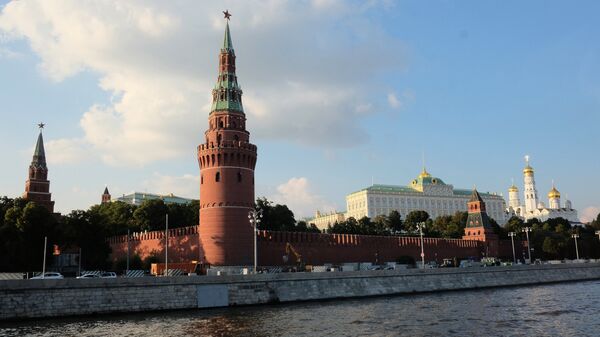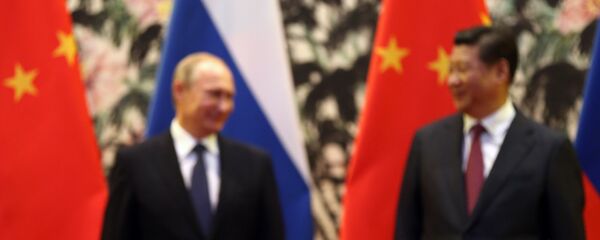Last week, United States President Donald Trump signed into law a bill imposing new sanctions against Russia, Iran and North Korea. Most notably, the law presumes sanctions against Russia's defense, intelligence, mining, shipping and railway industries and restricts dealings with Russian banks and energy companies.
The law also limits the US president's ability to ease any sanctions on Moscow by requiring Congress's approval to lift any restrictions.
"By imposing new sanctions, the US expects a positive effect for itself and a negative outcome for Russia. In fact, these measures may rather have a negative effect for Washington, including decreasing American global influence and uniting non-Western countries against the US," Vladimir Lepekhin, a Russian political expert and director of the EEU Institute think tank, wrote in an op-ed for RIA Novosti.
The new economic sanctions against Russia presume restrictions concerning Western loans for Russian companies. They will affect Russian businesses one way or another. According to Lepekhin, Russian companies are likely to seek loans from non-Western banks. The measures will also stimulate the development of a sovereign and efficient financial system in Russia.
"If that’s the case the US will lose Russia as a promising banking services market while Russia is very likely to consolidate its financial sector in the coming years," the article read.
"Last week, Washington established a new window of opportunities for Russia. Now, it is up to the Russian leadership to decide whether Moscow will take advantage of it or lose to Washington," he pointed out.
Many experts have warned that there are visible parallels between the current sanctions pressure over Russia and the situation in the 1980s when Washington also used sanctions and manipulated oil prices, resulting in the collapse of the Soviet economy and the subsequent political turmoil.
"In the 1980s, the American economy was on the rise, but now there is a crisis in the US. In addition, the US establishment is lacking in solidarity as tensions are mounting between different influential groups, some of which are not interested in confronting, for example, Russia or China," Lepekhin pointed out.
He reiterated that Russia should use this "window of opportunities" to strenghten the national economy and develop its "economic sovereignty without looking back at the West."





